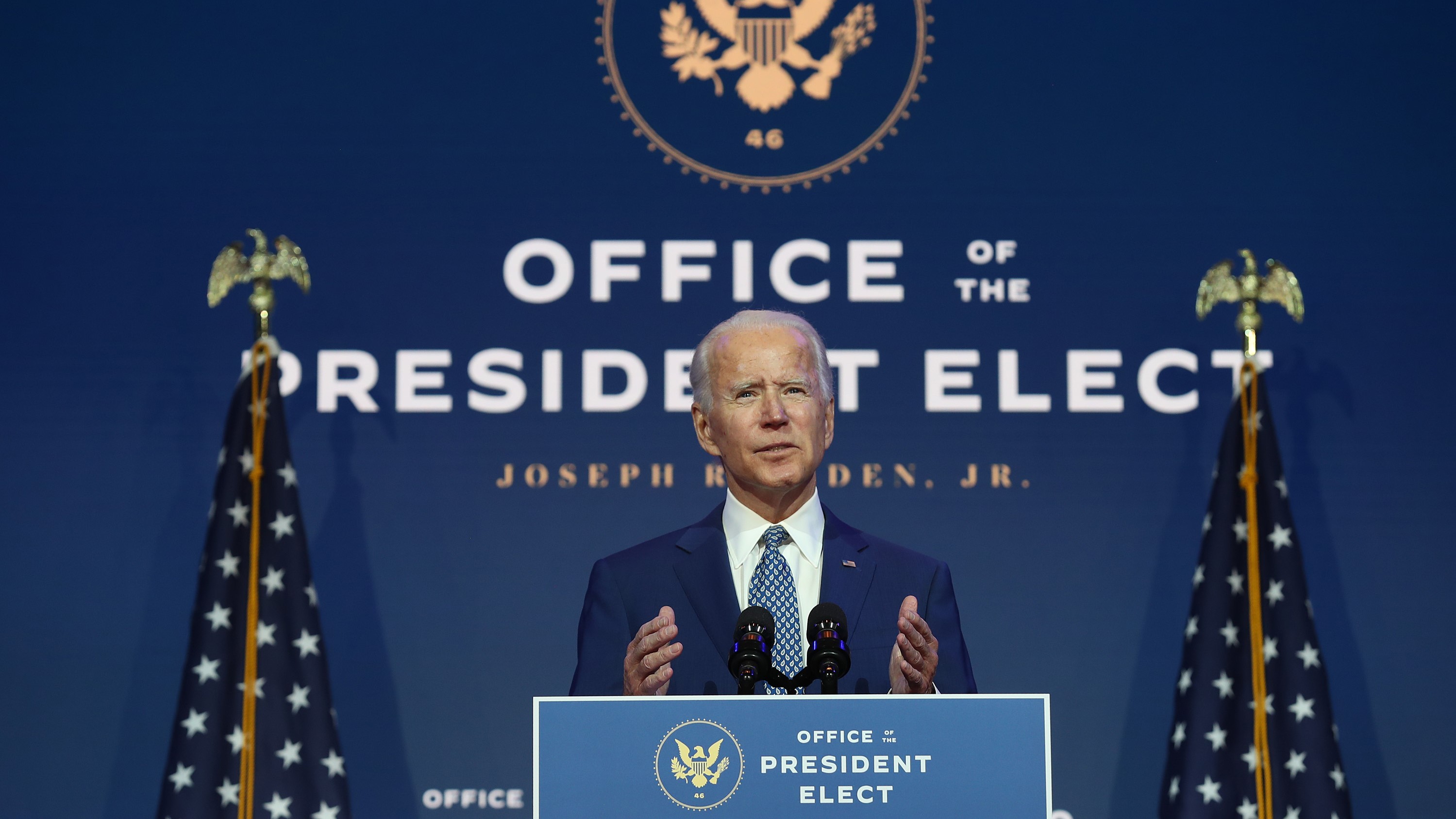The telecom company that allowed a Biden deepfake scam will have to pay the FCC $1m
$6 million fine handed to the consultant behind the calls

Lingo Telecom has been ordered to pay a $1 million civil penalty by the Federal Communications Commission (FCC) after it relayed a falsified robotic recording of a President Biden voice message urging voters not to turn up to the New Hampshire primary, labelling it a ‘bunch of malarkey’.
The FCC said Artificial Intelligence will likely play a significant role in 2024 election ads, and has already proposed a law which would require political ads broadcast on television and radio to disclose any AI generated content.
Lingo Telecom, previously known as Impact Telecom, Matrix Business Technologies, VarTec Telecom (and many, many more) is reported to have been carrying out illegal call operations for years. However, it only transmitted the calls - the organization which made the recording was the Life Corporation, a company that is no stranger to spreading misinformation, first cited for delivering ‘illegal prerecorded unsolicited advertisements’ in 2003.
A Warning to Telecoms
The specific ‘political consultant’ behind the scheme was Steve Kramer, who was working for the presidential campaign for Democratic candidate Dean Phillips - but NBC found no evidence that the Phillips campaign had any involvement. Kramer now faces criminal charges in New Hampshire and was hit with a $6 million fine.
The FCC hope that the fine will deter telecoms organisations from any similar disinformation campaigns.
"This settlement sends a strong message that communications service providers are the first line of defense against these threats and will be held accountable to ensure they do their part to protect the American public," said FCC Enforcement Bureau Chief Loyaan Egal.
Lingo agreed to follow FCC regulations strictly this time. The FCC maintains that voters deserve to know whether the caller’s identity is genuine, and that an AI generated content should be clearly communicated to the audience. The FCC does not have the authority to regulate streaming services or social media.
Are you a pro? Subscribe to our newsletter
Sign up to the TechRadar Pro newsletter to get all the top news, opinion, features and guidance your business needs to succeed!
Via TechCrunch
More from TechRadar Pro

Ellen has been writing for almost four years, with a focus on post-COVID policy whilst studying for BA Politics and International Relations at the University of Cardiff, followed by an MA in Political Communication. Before joining TechRadar Pro as a Junior Writer, she worked for Future Publishing’s MVC content team, working with merchants and retailers to upload content.